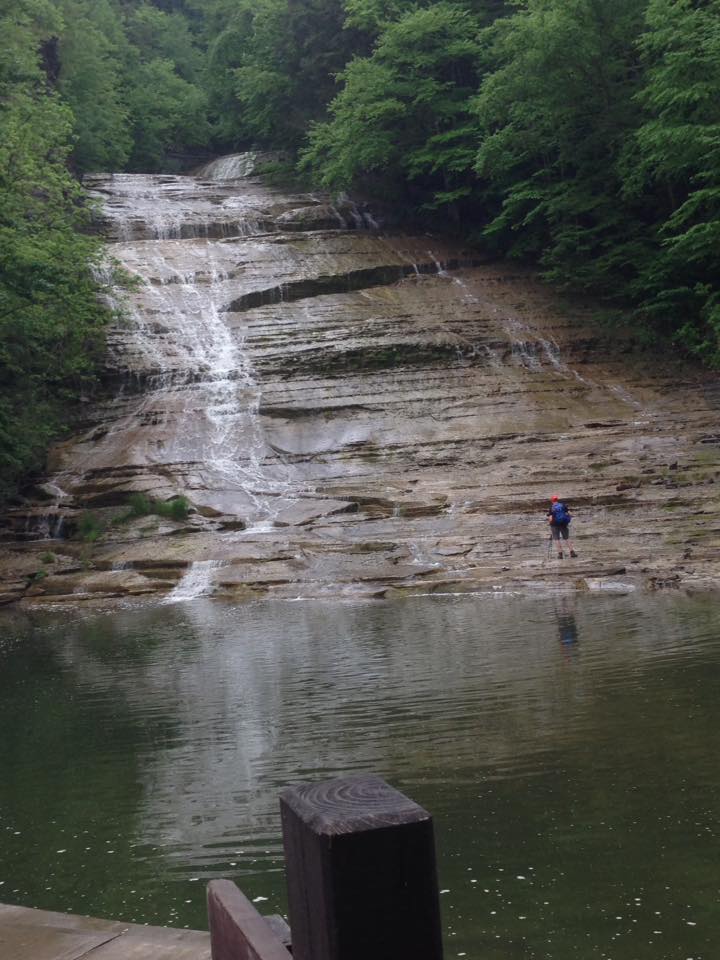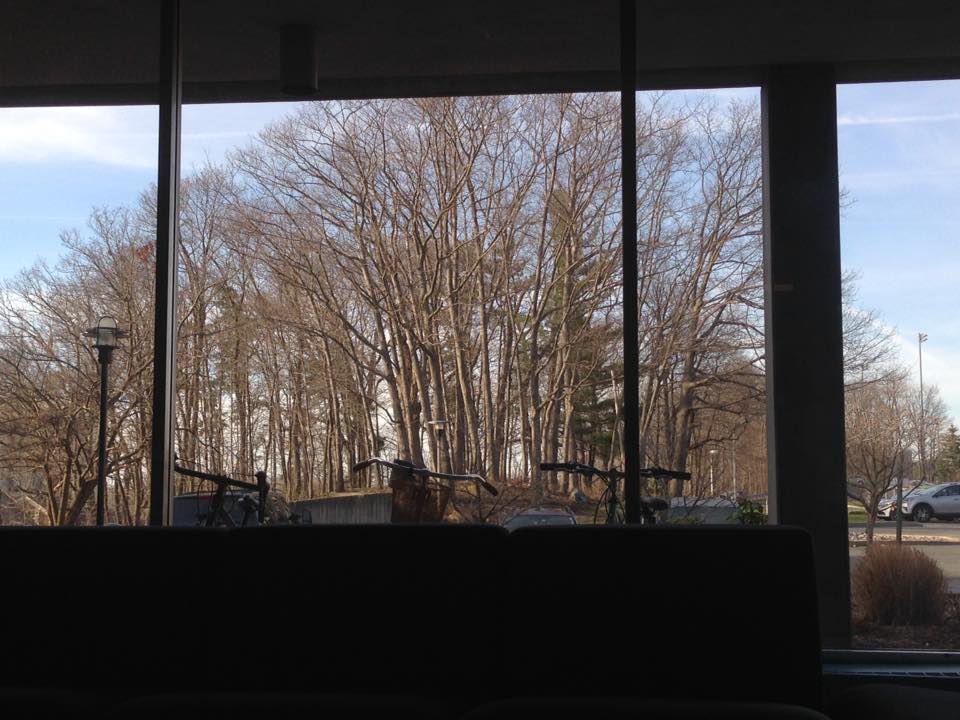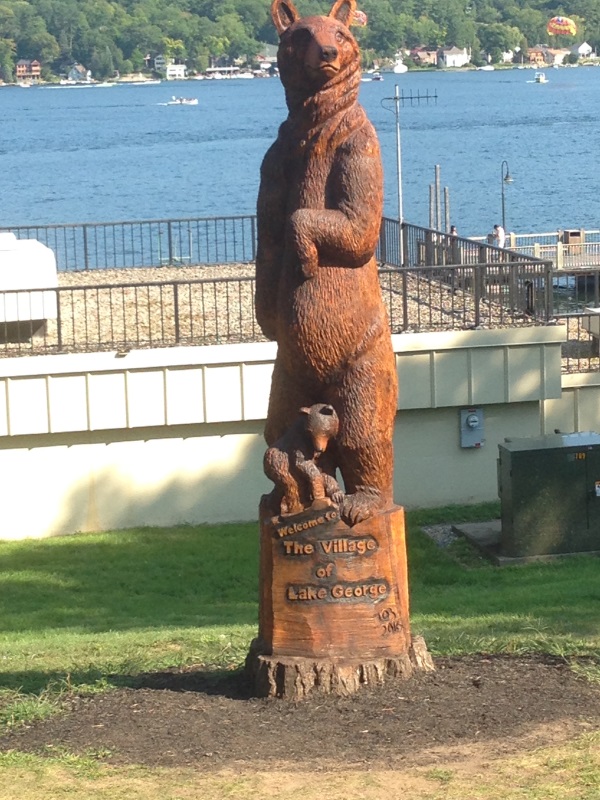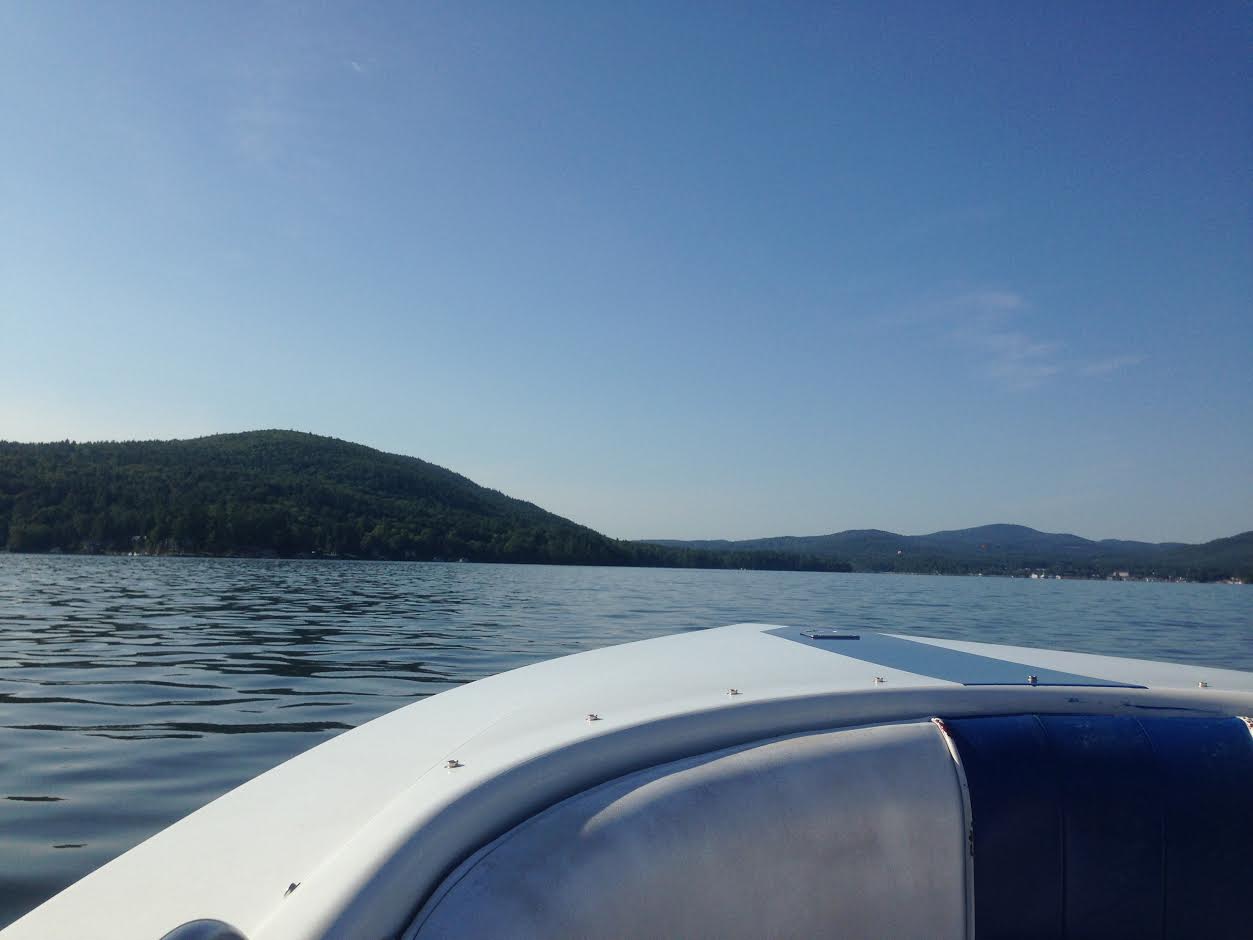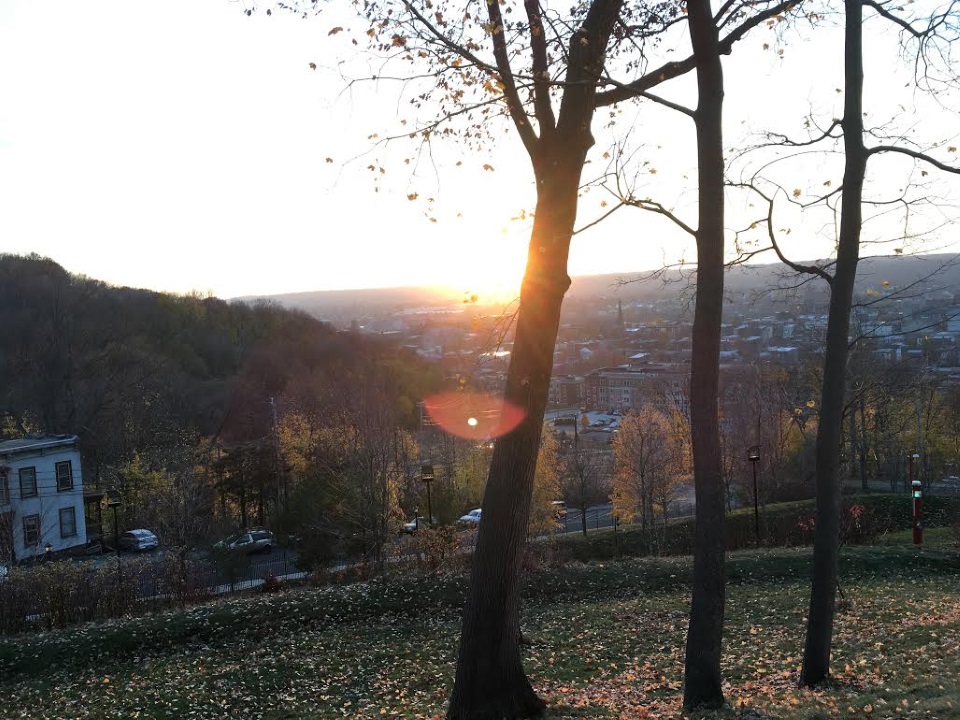My Photography
Nature
11/11/2012
By Adeet Phanse
The first exposure people get of New Jersey from Newark are billowing pillars of smoke from refineries. This would lead people to believe all of New Jersey is polluted, when this is simply not the case. This got me thinking, what if in the future this became the case all over the world? People would lose sight of what nature really is and instead smog would become the new aesthetic of the world. However the reality is that nature is both beautiful and kind.
Even in New Jersey, though there are times where it may not seem like it, beauty can be found. The thundering roar of the Delaware River can be heard from miles away in stark contrast to the placid waves gently pulsing back and forth on the Jersey Shore. Historically New Jersey has been known for farming, and the farmlands are immense in size. Spanning thousands of square feet these farms host a variety of crops, all essential to life.
Large tractors carefully roll through the fields, sowing the rewards of a hard year’s work. All around New Jersey are trees, a rare sight in highly populated areas. These trees, ranging from the lumbering oak to the resilient evergreen, create an atmosphere where nature feels omnipresence. In this sense nature’s beauty permeates into day to day life in New Jersey, yet in some parts of the state, such as where the refineries are located, such beauty is lost.
The Grand Canyon is one of the most impressive displays of nature’s sheer power. As one of the Seven Wonders of the World, the Grand Canyon lives up to its reputation. The Grand Canyon was formed millions of years ago when the now defunct Colorado River was active. Over time erosion took over the path of the Colorado River and slowly decayed the base of the river until a canyon was formed and the river was immensely reduced in size. The Grand Canyon has been described as awe-inspiring due its sheer scale, from its base it measures 6000 feet deep and 18 miles wide. Standing on the edge of such a large canyon invokes feelings of admiration at the beauty of nature as well as feelings of sheer wonder at the power of nature in all people who visit the site. The Grand Canyon exemplifies both the artistry as well as the power of the strokes of nature.
The vast oceans that span most of Planet Earth are filled to the brim with thousands of species of animals due to the fact that water holds a stable temperature. Nature is kind to these animals because it provides them with a stable habitat where there are no external forces to interfere. Green algae and other vegetation freely burgeon underwater while plankton meander through the water, both of which provide sustenance to the fish below. The ocean provides an ample amount of food and shelter to its inhabitants and as such contains the largest variety of animals. This leads to strange species forming, such as the angler fish who stalks its preys in the deepest depths of the ocean. The angler fish has a rod on its head that glows to attract its prey in a layer of the ocean where there is no light, then snaps up its pretty with its razor sharp teeth. Such a species is a rare phenomenon that is fascinating to observe.












